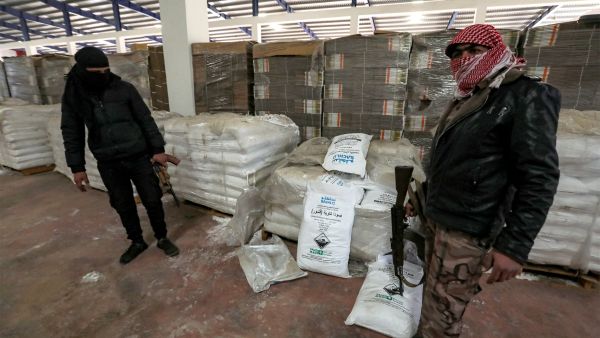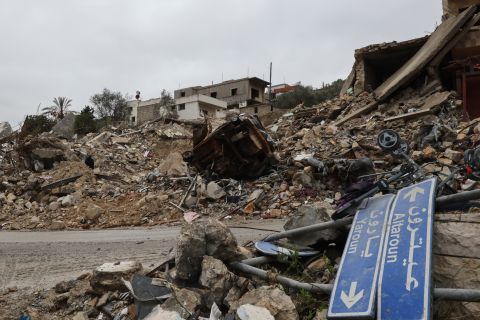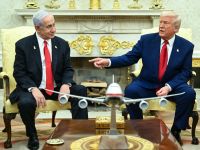ALBAWABA - According to Al-Jazeera reports, Captagon's Douma manufacturing facility in Damascus' countryside used mostly British chemicals. The former Syrian president Bashar al-Assad's administration purportedly ran the plant.
The Telegraph reported finding chloroform, formaldehyde solution, hydrochloric acid, petroleum ether, and ethyl acetate. The Suffolk-based chemical business Surechem made these containers.
Surechem stated that these chemicals were transported to Syria in 2010, before the 2011 Syrian revolution and international sanctions. The business indicated that the products were for general laboratory usage only.
Opposition sources said workers fled the plant and set it on fire. The opposition's operations room warriors extinguished the fire before important evidence was lost.
Captagon pills were found hidden in motors, furniture, imitation fruits, and electrical transformers in the factory, ready for export. Fighters also found Amer Taysir Khiti's business cards, a former regime official who was involved in Syria's Captagon trafficking. Khiti was connected to Maher al-Assad, brother of the overthrown president and Fourth Division commander.
The former owner said the plant made potato chips. After the regime took over Douma in 2018, the owner fled and abandoned the plant.
Between 2020 and 2022, the Political and Economic Networks Observatory calculated that the Captagon trade earned the Assad regime $2.4 billion yearly, 25% of Syria's GDP.
Syria produces 80% of the world's Captagon. Experts say the drug trade helped the Assad administration survive economic sanctions and conflict by funding its activities.










